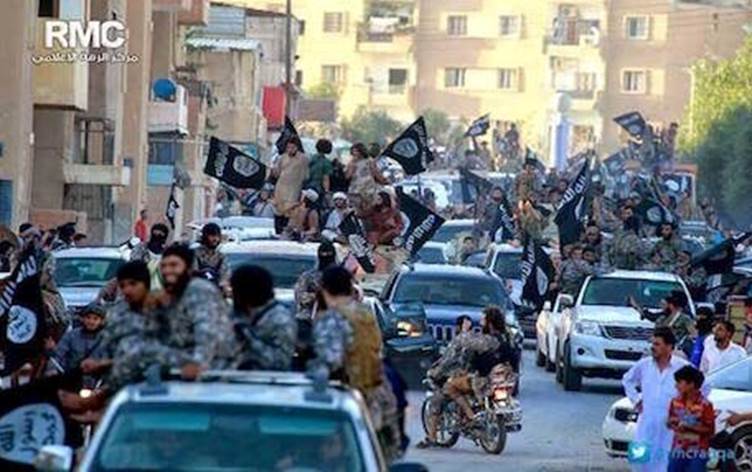ERBIL, Kurdistan Region – The Islamic State (ISIS) recruitment campaign has reached Iranian Kurdistan too, says a local activist, and more than a hundred young Kurds have joined the group in the past few months.
Mokhtar Hoshmand, a Kurdish activist in Iranian Kurdistan (Rojhelat) told Rudaw that most of the young Kurds who joined ISIS are from the cities of Kermanshah, Jiwanro and Bawajan.
Hoshmand believes that the number of recruits increased following the start of coalition airstrikes against the radical group in Iraq and Syria.
ISIS members have boasted on Facebook pages that the member of Iranian Kurdish volunteers has dramatically increased.
One ISIS Facebook post recently said that in October alone 23 Kurds from Iran had joined the group.
“And nine of them immediately signed up for suicide missions,” read the post.
“According to my information, so far 20 Iranian Kurdish members of ISIS have been killed and 30 have been injured,” said Hoshmand, who has been researching Salafism and extremist groups for years.
Photos of a wounded Iranian Kurdish member of ISIS and a suicide bomber were also posted on Facebook pages recently.
A source in Mahabad told Rudaw on condition of anonymity that two of the latest recruits were Sherko and Farhad, both 24 years old.
He said that a 40-year-old cleric named Qasim had carried out the recruitment. The cleric himself has since joined ISIS.
Hoshmand said most of the Kurdish members of ISIS are based in Raqqah, the ISIS capital in Syria, and some in Iraq.
He said that these Kurds were previously members of the Al-Qaeda.
“The al-Qaeda is not as strong and appealing as it used to be,” said Hoshmand.
It is said that Iranian security forces have detained 20 individuals on their way to join ISIS.
According to Hoshmand, a dozen of these Kurds have broken off with ISIS and joined its rival the Al-Nusrah Front in Syria.



Comments
Rudaw moderates all comments submitted on our website. We welcome comments which are relevant to the article and encourage further discussion about the issues that matter to you. We also welcome constructive criticism about Rudaw.
To be approved for publication, however, your comments must meet our community guidelines.
We will not tolerate the following: profanity, threats, personal attacks, vulgarity, abuse (such as sexism, racism, homophobia or xenophobia), or commercial or personal promotion.
Comments that do not meet our guidelines will be rejected. Comments are not edited – they are either approved or rejected.
Post a comment